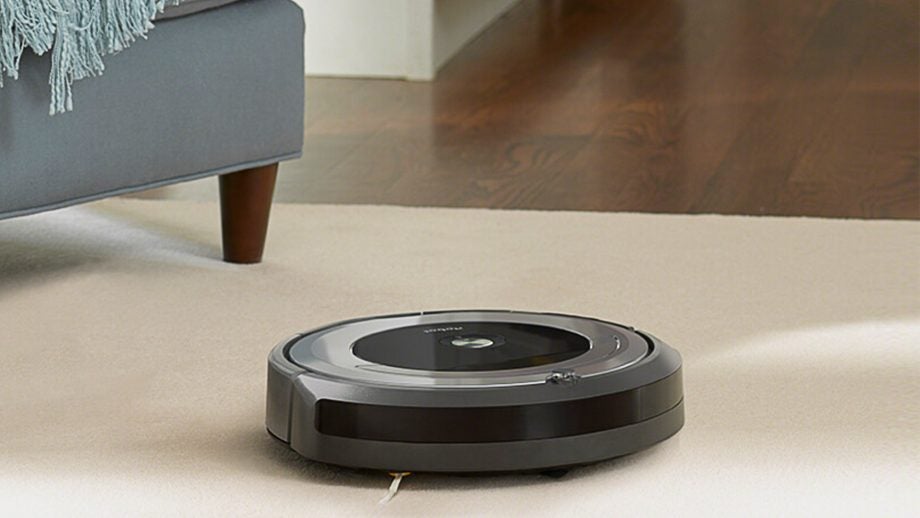Roomba vacs spying on you? iRobot promises to ask for permission first

iRobot is known for its line of Roomba robot vacuum cleaners, but it seems the company has ambitions beyond simply automating your vacuuming schedule – though not if it puts your privacy at risk, the firm’s CEO has since sought to clarify.
Colin Angle, chief executive of iRobot, recently spoke to Reuters about his plans for Roomba devices, highlighting how the robot vacs could be used to boost smart home functionality in other gadgets.
Specifically, Angle talked up a future where Roombas are used to map the layout of users’ homes, with the company then providing those maps to other smart home device-makers and third parties.
The CEO explained how spatial awareness is one area where smart home devices need vast improvement, and he sees his company as helping in that department.
He said: “There’s an entire ecosystem of things and services that the smart home can deliver once you have a rich map of the home that the user has allowed to be shared.”
Related: Best vacuum cleaner
And it seems the vision of a future where your vacuum cleaner creates a virtual map of your house could be closer than we might realise.
Angle told Reuters that a deal to sell its maps to “one or more of the Big Three” (i.e. Apple, Google, and Amazon) could be reached within the next two years.
Understandably, the iRobot honcho’s comments got the tinfoil hat brigade plenty riled up – and Angle has since looked to quell any privacy and security fears Roomba users might have.
“iRobot takes [the] privacy and security of its customers very seriously. We will always ask your permission to even store map data,” the CEO told TechCrunch in a retrospective statement.
He added:
“iRobot has not formed any plans to sell the data. We do hope to extract value from the information, but would only do so with the permission of our customers…only if you opt in. It is still unclear what – if any – actual ‘partnerships’ would be needed to make that happen.”
iRobot has already introduced integration with Amazon’s Alexa assistant, launching the functionality back in March this year.
Virtual assistants such as this are set to be at the heart of the Internet of Things in the coming years, and iRobot looks poised to capitalise on such developments.
Robot vacs such as the Roomba range use short-range infrared or laser sensors while moving about users’ homes to detect and avoid obstacles, with iRobot adding a camera to its 900-series’ system in 2015, along with new sensors and software.
The addition of this extra tech meant the 900-series devices became able to create a virtual map of the home and locate their own position within it.
Using this data to compliment other smart home devices could allow for such developments as smart speakers adjusting their acoustic settings to match a users’ home layout, or smart lighting adapting its schedule based on window placement in a room and time of day.
The aforementioned ‘big three’ would also likely be interested in maps of users homes to support product recommendations for customers.
Of course, iRobot is likely to run into challenges when it comes to privacy concerns and competition from companies producing more affordable robot vac alternatives – as well as competitors such as Dyson, which also produces robot vacuums.
Angle told Reuters his company would ensure customers gave their consent before maps of their homes were provided to third parties.
What do you think of iRobot’s plans? Tweet us @trustedreviews.

